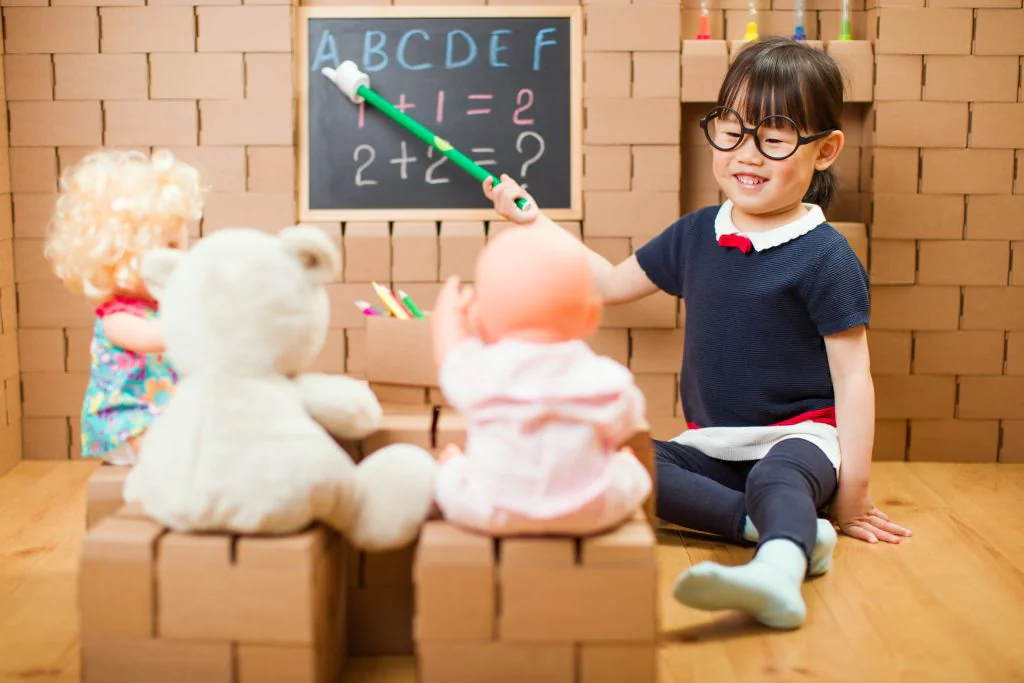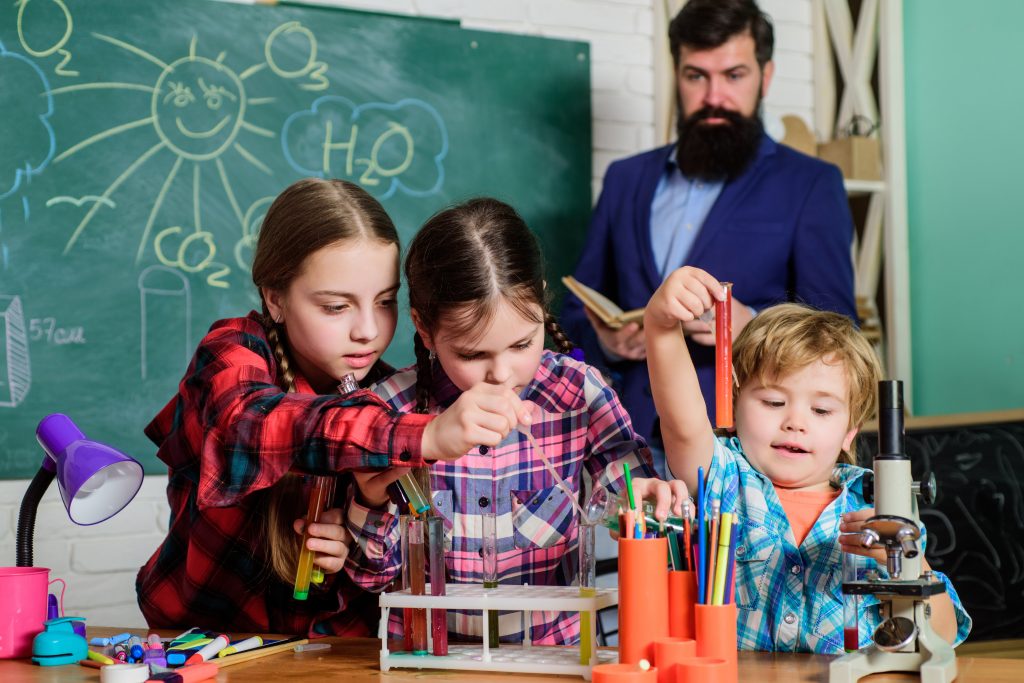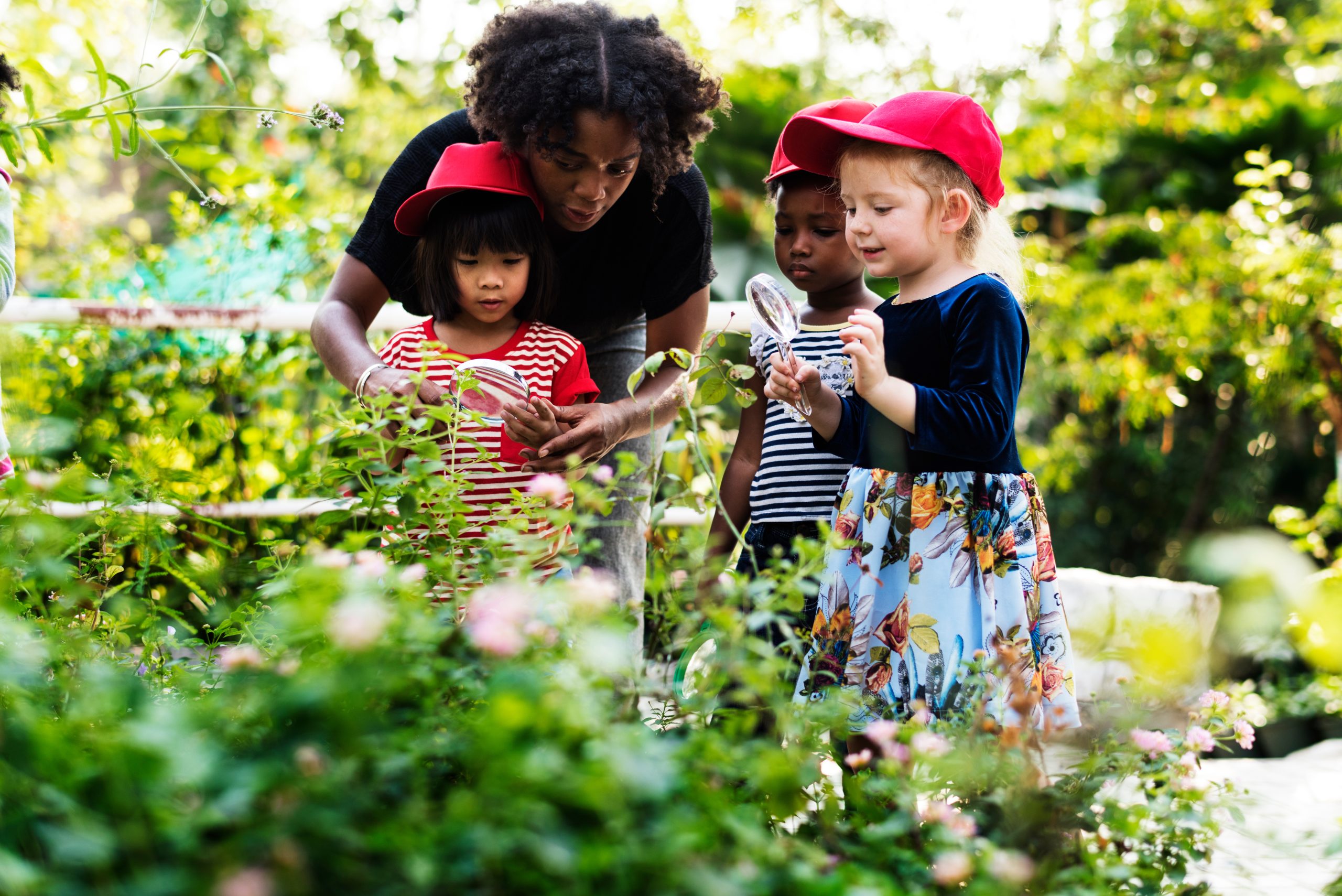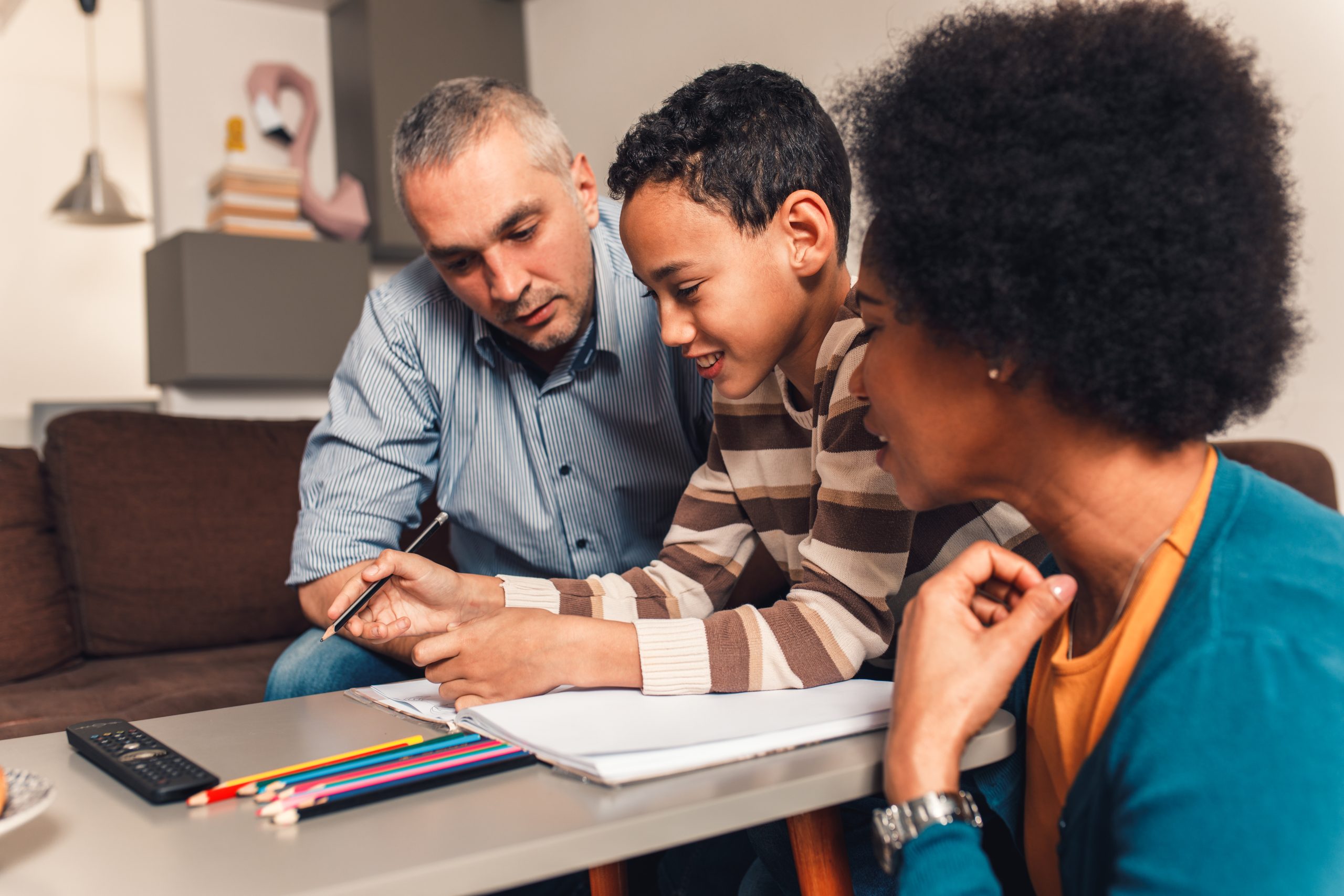
Play is not just a way for children to have fun; it is a powerful tool that promotes holistic development and fosters important skills.
In this blog post, we will delve into the fascinating world of play and explore how it contributes to children’s development and sets a strong foundation for their future success
Table of contents
Play as a Gateway to Learning
Play is a natural instinct for children, and it serves as a gateway to learning. Through play, children actively engage with their environment, explore new concepts, and make sense of the world around them. Whether it’s building blocks, pretend play, or outdoor adventures, each play experience presents valuable opportunities for children to acquire knowledge, develop skills, and expand their understanding.
Practical Example: Encourage imaginative play by providing open-ended toys and props that allow children to create their own narratives and explore various roles and scenarios. Set up a dress-up corner or provide a cardboard box that can transform into a spaceship, castle, or anything their imagination desires.
Promoting Creativity and Problem-Solving Skills
Play nurtures children’s creativity and problem-solving abilities. When engaged in open-ended play, children are encouraged to think outside the box, come up with unique solutions, and express their ideas. This fosters creativity, innovation, and the ability to approach challenges with a flexible mindset.
Practical Example: Encourage children to engage in art projects, such as painting, drawing, or sculpting, where they can freely express their creativity and experiment with different materials. Provide puzzles or brain teasers that challenge their problem-solving skills and encourage them to think critically.

Social and Emotional Development
Play-based learning also plays a pivotal role in children’s social and emotional development. Through play, children learn to navigate social interactions, practice empathy, develop cooperation skills, and regulate their emotions. It provides a safe space for them to explore different roles, understand perspectives, and develop important life skills.
Practical Example: Organize group activities or games that promote cooperation and teamwork, such as building a fort together or participating in a collaborative art project. Encourage children to take turns, listen to each other’s ideas, and express their emotions in a supportive environment.
Physical Health and Well-being
Active play contributes to children’s physical health and well-being. It promotes gross motor skills, coordination, balance, and strength. Whether it’s running, climbing, dancing, or playing sports, physical play not only enhances their physical abilities but also boosts their overall well-being and mental health.
Practical Example: Create opportunities for outdoor play, such as setting up an obstacle course or organizing a game of tag. Provide safe and age-appropriate equipment that encourages children to be active and explore their physical abilities.
Conclusion
Incorporating play-based learning into children’s daily lives is a powerful way to enhance their overall development. By recognizing the value of play and providing an environment that supports and encourages it, we set the stage for children to grow, learn, and thrive. Let us embrace the power of play and witness the incredible impact it has on shaping children into curious, creative, and well-rounded individuals.


